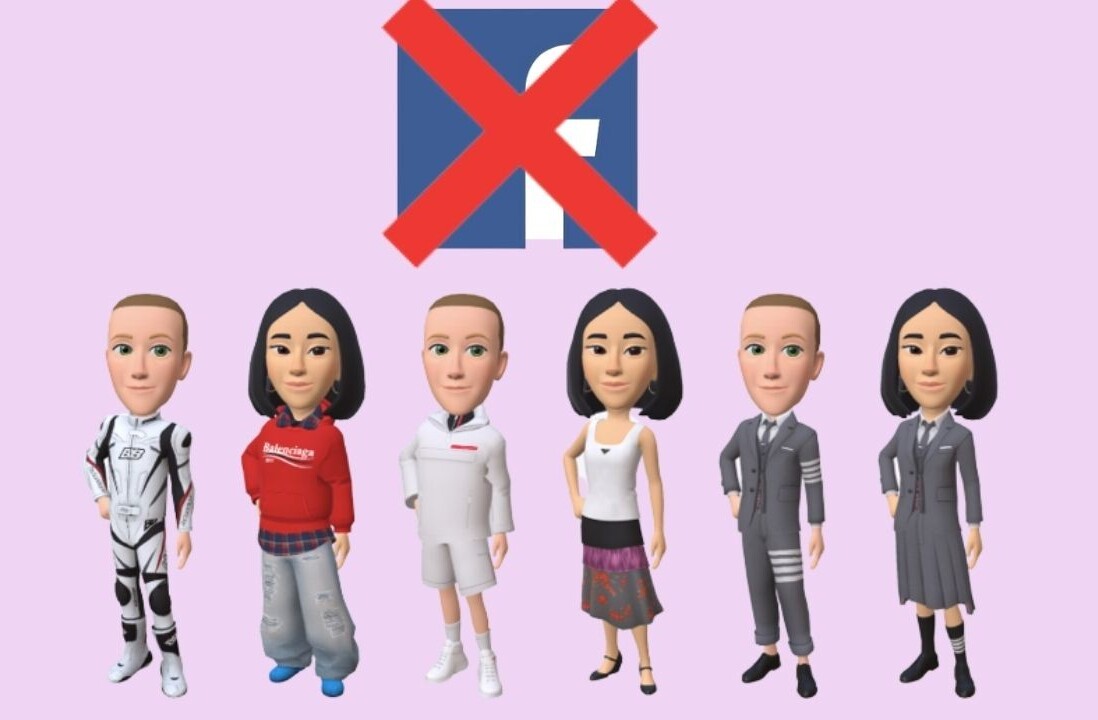
The past year has shown that Facebook is serious about video content. Most recently, the company’s EMEA vice president, Nicola Mendelsohn, made it clear that it will be even more so in the future.
Speaking at Fortune‘s Most Powerful Women International Summit in London, she said that in five years, the social network probably will be ‘all video’.
Mendelsohn explained that her belief is driven by the fact that Facebook has seen a year-on-year decline in text posts and an uptick in photos and videos shared through its service in recent times.
It’s hard to imagine video becoming as commonplace as that. Obviously personal gadgets and tech infrastructure will improve over the next half decade and make that sort of thing easier, but I believe there will still be room for static social content in 2021.
For one thing, it allows for much more discreet content creation and consumption. Sure, I can post a video status update from just about anywhere in my city even in the present day, but what if I want to do so without others around me overhearing my rant about the weather? Keyboards allow me to be as loud and boorish as I want on social networks, without the hassle of a physical altercation because of my behavior.
And let’s not forget: writing allows you the luxury of thinking and editing your words before publishing them. As it stands, video isn’t quite so forgiving.
We browse our news feeds for various reasons: to find out what our friends are up to, to kill boredom during long commutes and to find news and interesting content to enjoy in our spare time.
What catches your eye in your feed depends on several factors, including your mood, how much free time you have at the moment and what sort of environment you’re in. Video is great for storytelling, but it isn’t always the most suitable medium for every time and place.
Plus, I enjoy the mix of video, audio, text and images in my feed. If I only wanted video, I’d probably spend more time on Vine and YouTube.
None of this is to say that Mendelsohn is wrong about the future – she may well have a crystal ball fed with reams of data about Facebook usage habits to rely on. But the notion of a video-only Facebook is daunting to say the least.
To argue Mendelsohn’s case: it’s possible that I’m thinking too narrowly about video. The rising popularity of GIFs, videos that don’t require audio (like BuzzFeed’s Tasty recipe clips), looping images generated by apps like Boomerang and 360-degree imagery indicate that people want to share richer content, and want to do so in various ways that go beyond a status update shot with a selfie camera.
Maybe Facebook will indeed become the place to go for video-only interactions – and other networks like Twitter will be better for text-based content.
It isn’t easy to predict what will happen five years from now, but my bewilderment tells me that I’ll probably be too old for social media by then.
Get the TNW newsletter
Get the most important tech news in your inbox each week.




